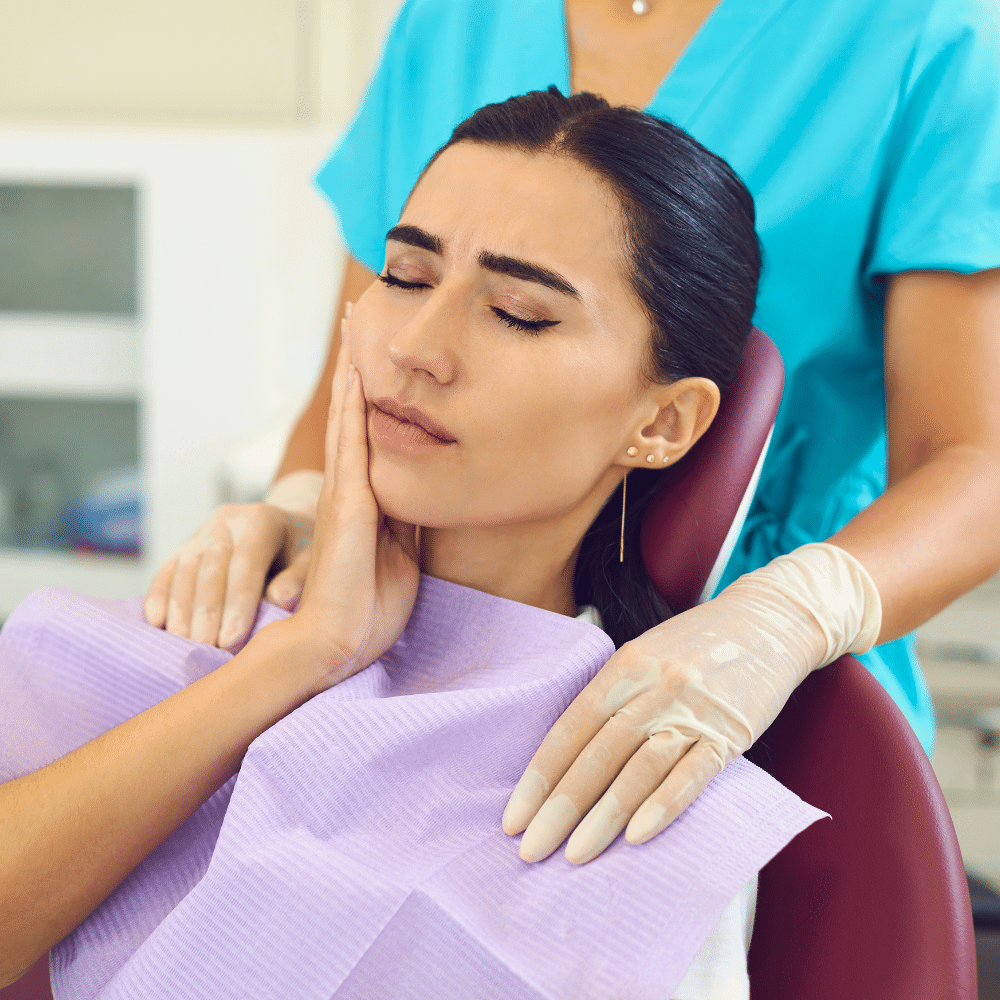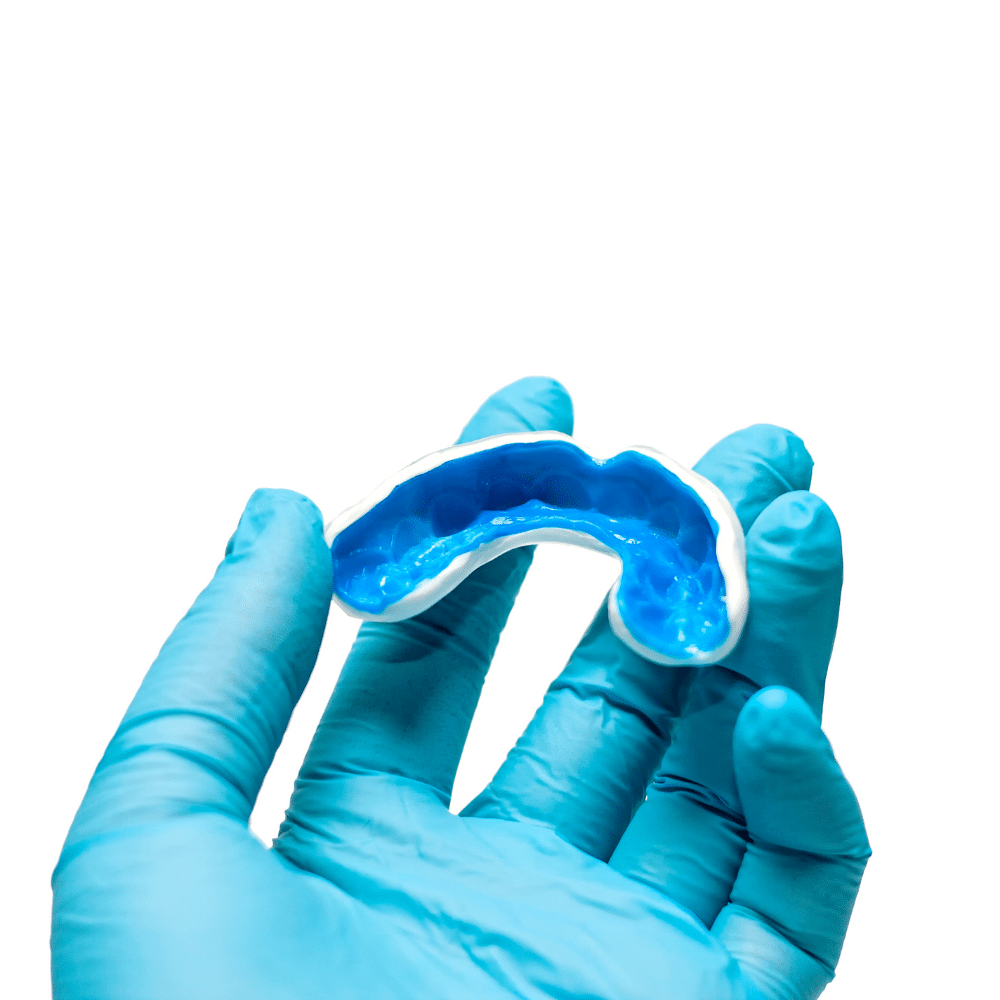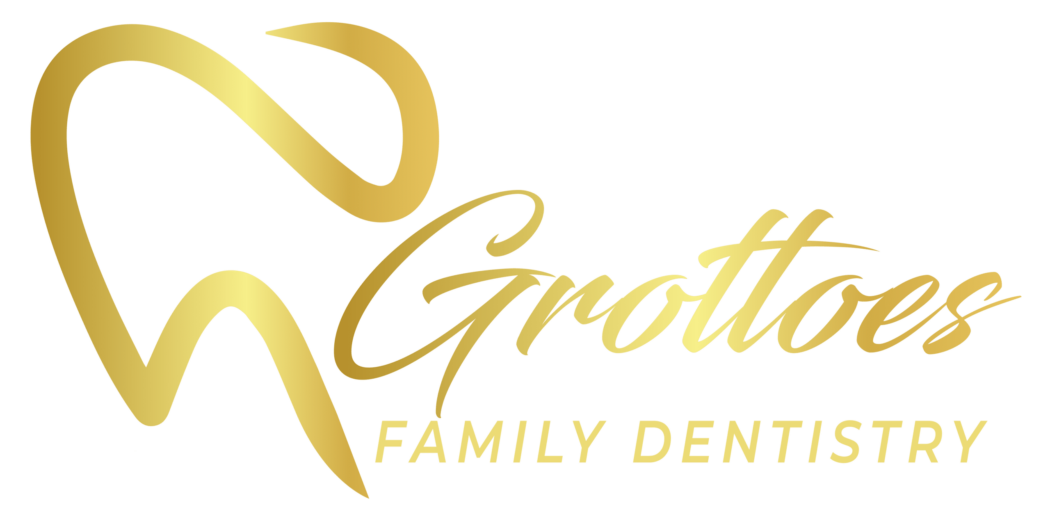Dental emergencies can happen at any time, often catching families off guard. Knowing how to handle these situations can make a significant difference in preserving dental health and preventing further complications. With this quick guide, we aim to equip families with essential knowledge on recognizing dental emergencies, providing immediate care, and seeking professional help.
Recognizing Dental Emergencies
There are many types of dental emergencies, each of which may require different steps to address.
Types of Dental Emergencies
- Toothache: Persistent or severe tooth pain could indicate an underlying issue such as infection or decay.
- Chipped, Cracked, or Broken Teeth: Damage to teeth can expose nerves, leading to pain and infection.
- Knocked-Out Tooth: Quick action can sometimes save a knocked-out tooth.
- Lost Filling or Crown: Exposed teeth may be sensitive to temperature and pressure.
Signs of Emergency
Though most dental emergencies will be immediately apparent, pay attention to the following signs and symptoms of dental trauma:
- Swelling of the gums or face.
- Bleeding that doesn’t stop.
- Pus around the tooth or gums.
- Difficulty swallowing or breathing.
Immediate Care for Dental Emergencies

Acting promptly and responsibly can be the difference between quickly resolving a dental emergency and losing a tooth — or worse. Follow these simple tips in the event of a dental emergency and maximize your chances of a fast and full recovery:
Toothache
- Rinse the mouth with warm water.
- Use dental floss to remove any food particles.
- Apply a cold compress to the outside of the mouth to reduce swelling.
Chipped, Cracked, or Broken Teeth
- Rinse the mouth with warm water.
- Save any broken pieces.
- Apply a cold compress to reduce swelling.
Knocked-Out Tooth
- Hold the tooth by the crown (avoid touching the root).
- Rinse the tooth with water if dirty, but do not scrub.
- Try to reinsert the tooth into the socket, if possible.
- If reinsertion is not possible, store the tooth in milk or saliva and seek immediate dental care. You may also be able to find a tooth preservation kit at your local pharmacy.
Lost Filling or Crown
- Clean the crown and tooth.
- If possible, apply dental cement, toothpaste, or denture adhesive to temporarily reattach the crown. Avoid eating, swallowing, or sleeping with a temporarily reattached crown.
- Avoid chewing on the affected side.
- Seek professional help right away.
In each of the cases above, over-the-counter pain relievers can be used to help alleviate pain and discomfort. Be sure to follow the medication’s directions as well as instructions from your dentist or health care provider.
Contacting a Dentist
Your first point of contact in a dental emergency (unless a 911 call is warranted) should be your dentist. An experienced family dentist understands the urgency and discomfort that can come with unexpected dental issues. If you’ve experienced a dental emergency, contact your dentist immediately.
Follow-Up Care
Follow-up care after a dental emergency is crucial for ensuring proper healing and preventing future issues. Attending follow-up appointments is essential for monitoring the progress of the healing process and making any necessary adjustments to the treatment plan. Your dentist may also provide further instructions on oral care and recommend any additional treatments if needed. By following up with your dentist after a dental emergency, you can help ensure the best possible outcome and maintain your oral health in the long run.
Preventing Dental Emergencies

Of course, it’s best to try and avoid dental emergencies however possible. Most importantly, that means prioritizing oral hygiene. Brush your teeth twice a day with fluoride toothpaste and floss daily to remove plaque and prevent decay. Regular visits to the dentist for check-ups and cleanings can catch potential issues early.
Avoid chewing on hard objects like ice or popcorn kernels, as this can lead to chipped or broken teeth. If you participate in sports, wear a mouthguard to protect your teeth from injury. Your dentist can advise you on other preventive steps. By taking these preventive measures, you can significantly reduce the risk of dental emergencies and maintain a healthy smile.
Experiencing a Dental Emergency in Grottoes? Contact Us Today!
If you or a loved one has a dental emergency, acting quickly can ensure the best possible outcome. For emergency dental care in Grottoes and surrounding Virginia, please call Grottoes Family Dentistry today. Dr. Hall and our compassionate dental team are ready to help!
